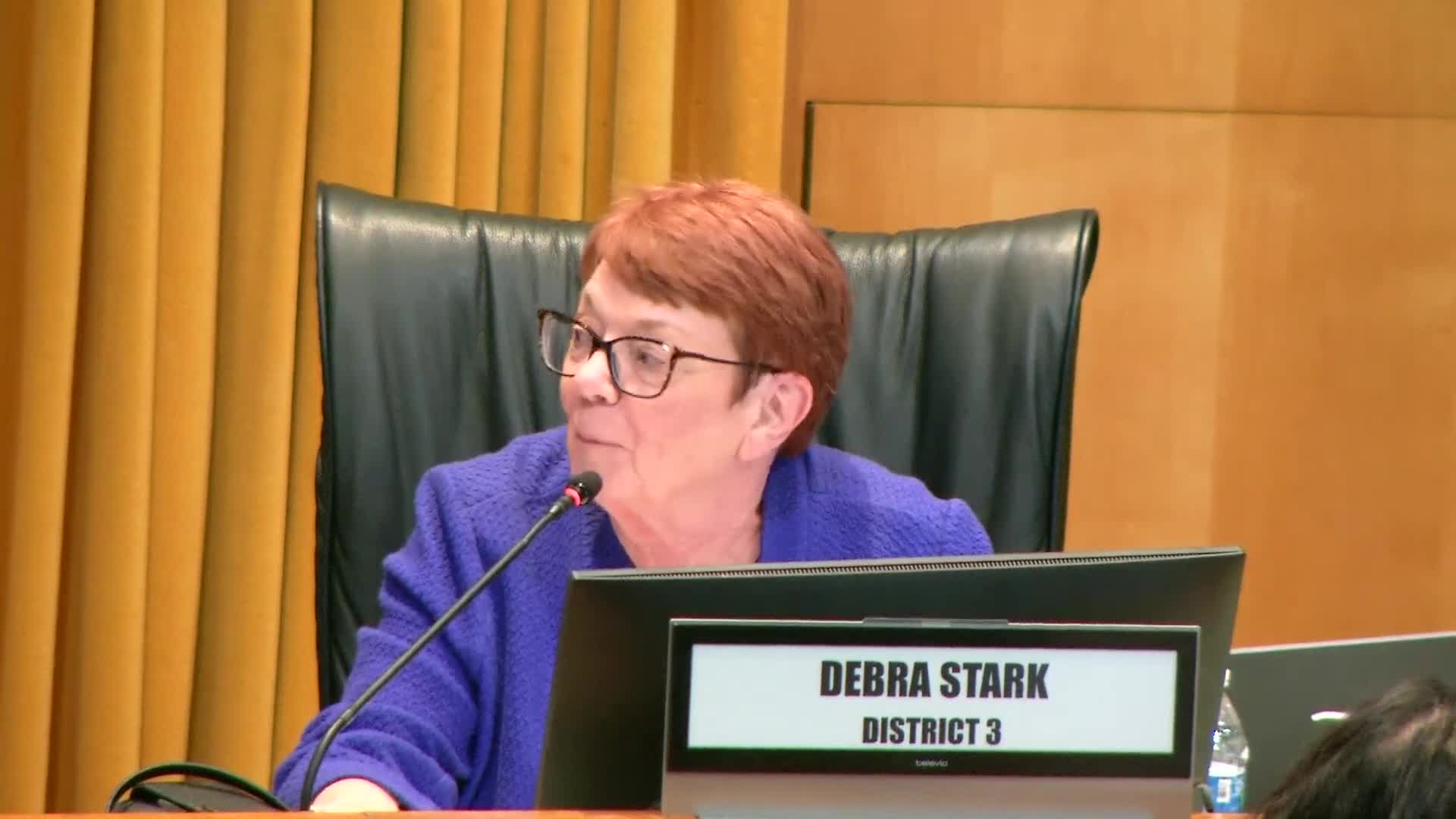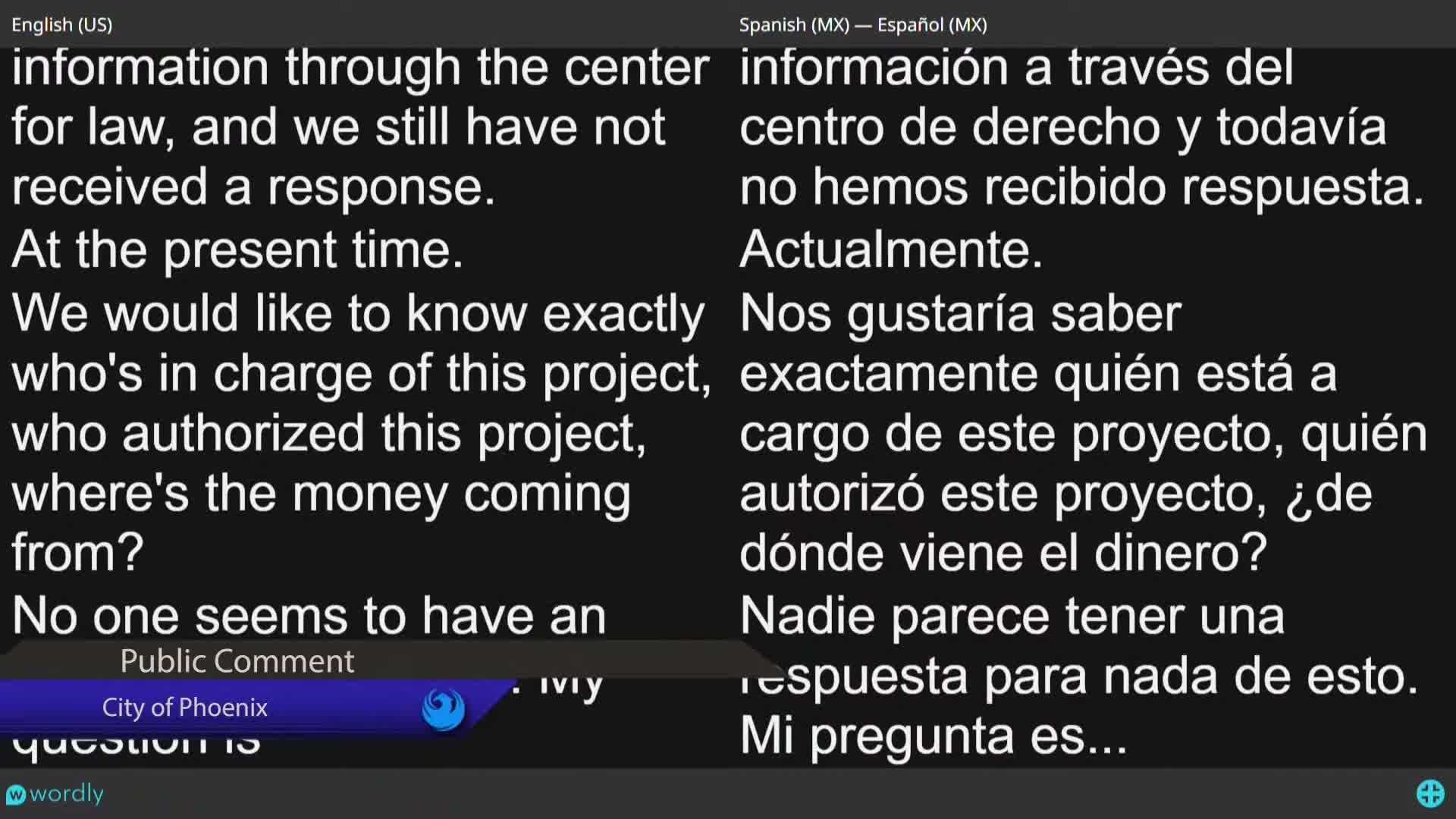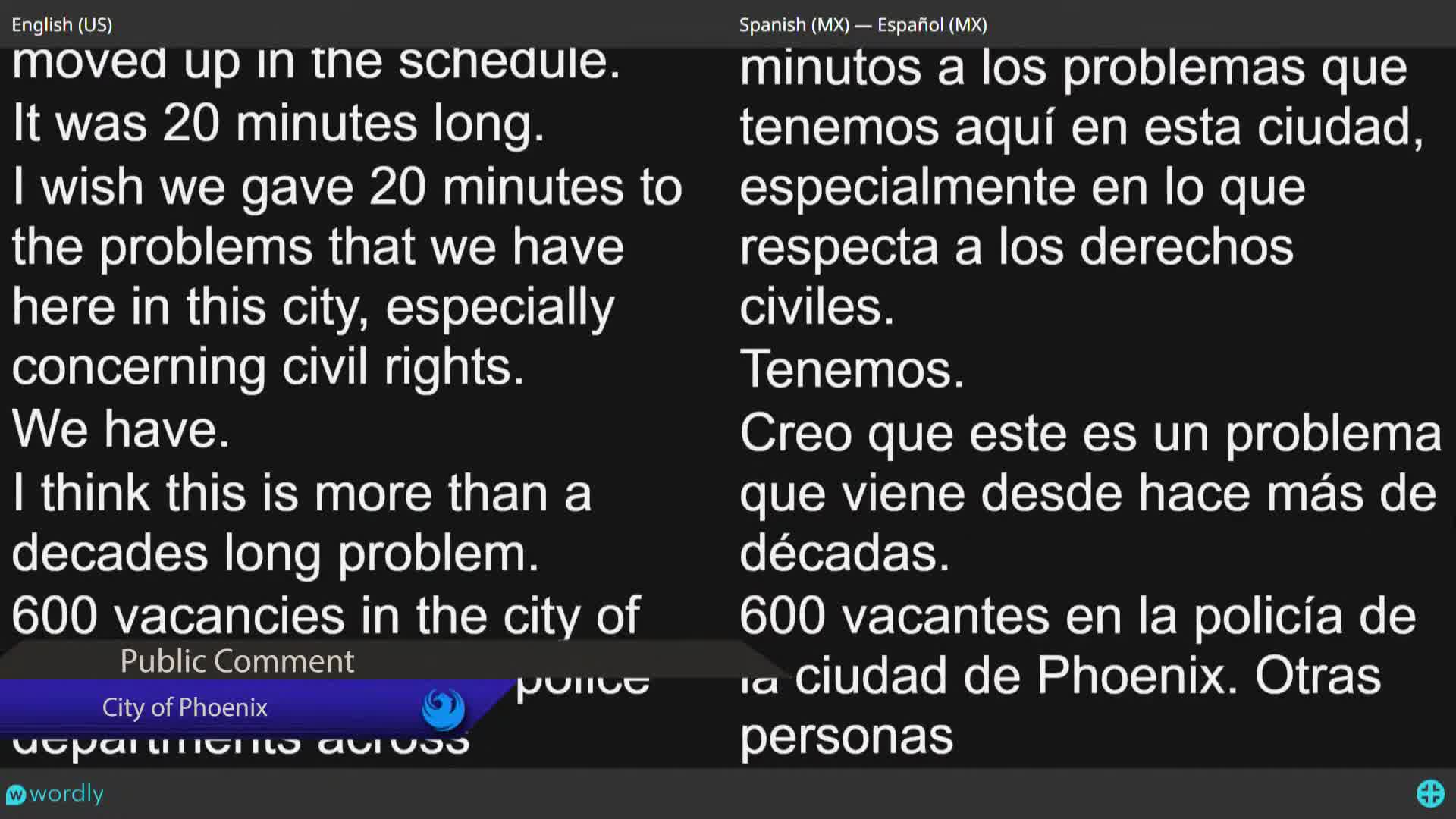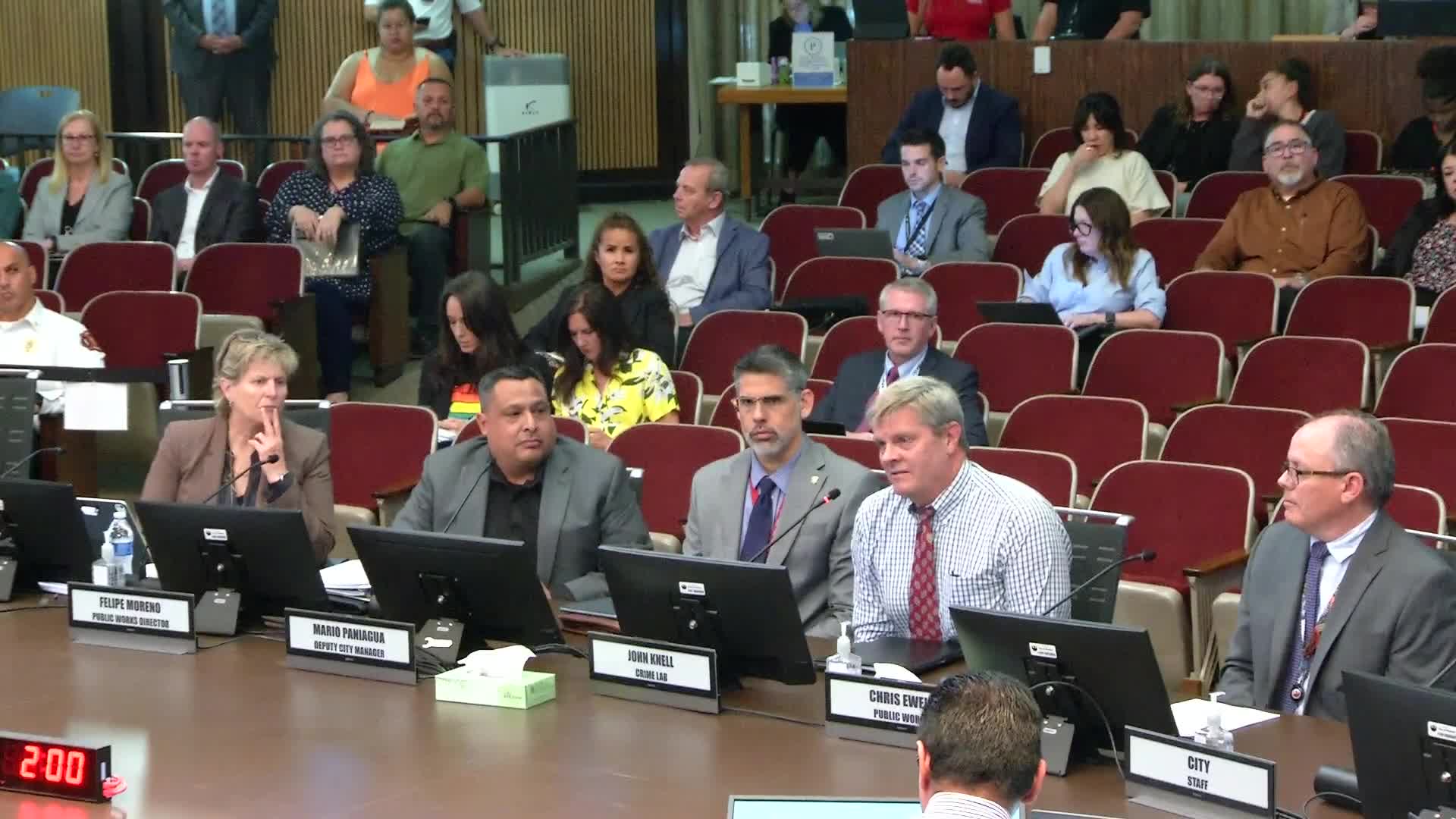Article not found
This article is no longer available. But don't worry—we've gathered other articles that discuss the same topic.

Phoenix council approves three development rezonings after neighborhood agreements on traffic and site stipulations

Residents petition Phoenix council to adopt high‑visibility crosswalks and stop bars under Vision Zero recommendations

Residents say work at Piestewa Peak preserve blocked trails and lacked public notice; council asked staff to follow up

